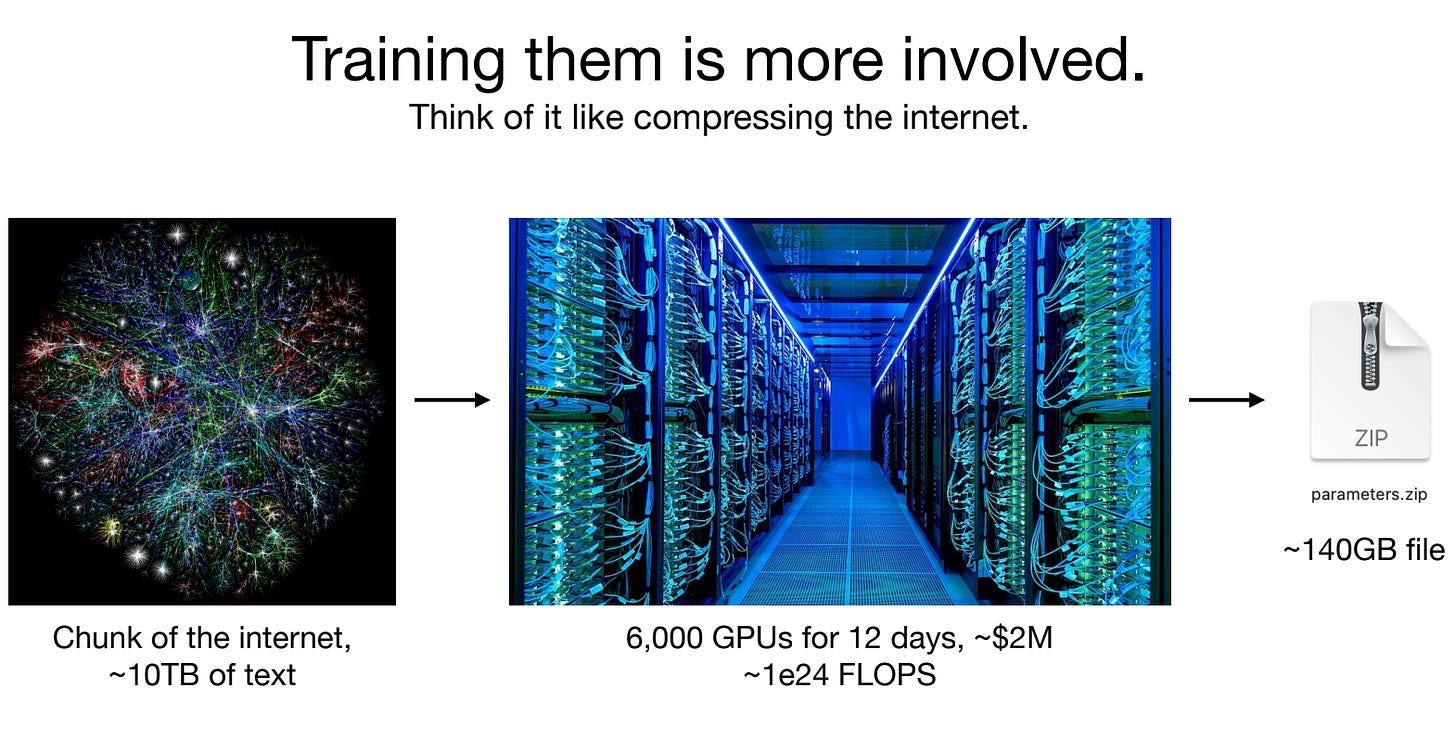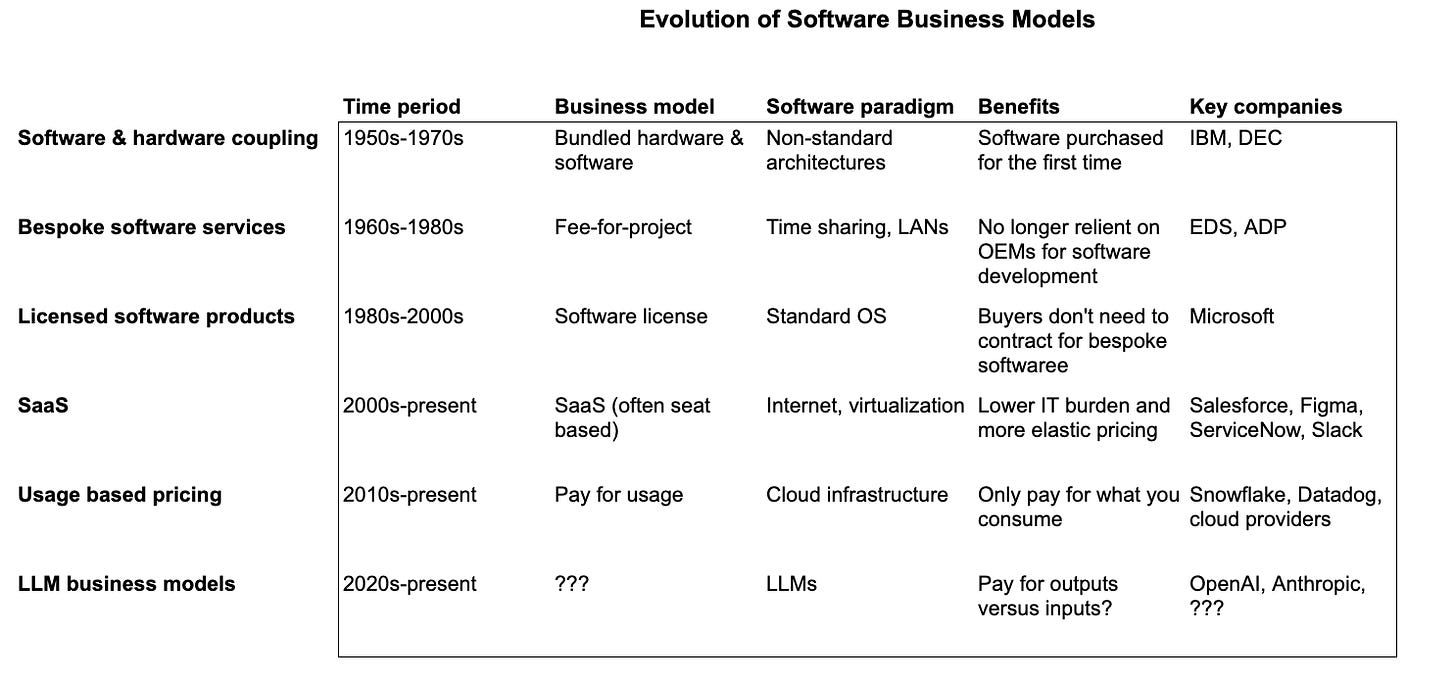Hey friends! I’m Akash, an early stage technology investor.
I study the strategies behind great technology companies and distil those learnings into insights for founders.
You can always reach me at akash@earlybird.com to exchange notes and share feedback.
Current subscribers: 3,520
On January 16th of this year I resumed writing on a weekly cadence.
I’ve been fairly consistent and published 45 times this year, only missing 4 weeks.
I’d written a few pieces before January, which accounts for the subscribers I’d built up over the two prior years. But it was only from January 16, when I published ‘Developing a Pricing Engine for SaaS Products’, that I got a regular cadence going.
As most great writers say, consistency is key.
Looking back on a year of writing, it’s remarkable how true this aphorism from Charlie Munger holds:
‘Develop into a lifelong self-learner through voracious reading; cultivate curiosity and strive to become a little wiser every day.’
Writing consistently invariably makes you better.
You progress and discover what makes good writing. If I look back on some of my original posts, I wince at how verbose they were, or the length of the sentences.
The weekly reps and striving for improvement has made my prose more effective.
More important than style, though, has been the reflection on purpose.
Why am I writing?
Much like LLMs are a compression of the internet, my writing is a compression of my reading and experiences.

‘You can't think well without writing well, and you can't write well without reading well. And I mean that last "well" in both senses. You have to be good at reading, and read good things.’
Paul Graham
Sure, writing has its own merits. It’s a forcing function for clarity of thought. In order to write every week I consume enough knowledge from conversations and reading to connect some dots.
For some questions, instead of researching the answer, I’ve been fortunate enough to ask questions of world-class operators from Stripe, Snowflake, Figma, Notion, Revolut and other generational companies.
‘Just having an audience is incredibly underpriced. I'm always shocked by the serendipity of what happens online.
And I cannot believe the people that you meet. I have this line, posting is the last great American meritocracy. The American Dream lives in posting. I think the last true and total meritocracy, you can post your way into any room in the world.’ Jeremy Giffon
What started as innate curiosity around a range of startup-related topics coalesced into serving founders with insights to build their businesses.
As an early stage investor, I’m in the privileged position of helping founders (and hopefully not hindering them!) on their company building journeys.
Synthesising and compressing knowledge for founders to apply to their companies is the job-to-be-done that I’ve iteratively discovered as the raison d’etre for this blog.
‘But as a consumer, I appreciate when creators run their ideas through an unforgiving filter of compression until only the finest minerals are left. The more information is compressed, the more efficiently it can travel from creator to consumer. Even if it’s an incomplete representation of reality, few things are more satisfying than concentrated gems of information that express a lot about the world.‘
David Perell
In that sense, this blog is a Schelling Point.
‘Most of the writing I do is sort of among my friend group and I share things I've written in documents and things with a small set of friends around me. I don't do a whole lot of that publicly to date. I just think it's terribly critical as a way to sort of put your mark in the sand about what it is that you believe.
And by the way, people may not agree with you. You may get criticized massively about it. But over time it ends up being a Schelling Point where many people will sort of come your way if they resonate with it in one way or another.’
Sam Hinkie
‘For me, the greatest compliment someone can give when I meet them is that they feel like they’ve met me before because they’ve heard my voice through this blog. That is my biggest learning about writing. The key is finding your voice to start a conversation. ‘
Tomasz Tunguz
There are a range of views on whether investors add value to companies, and, if they do, how.
I believe that as founders navigate dynamic markets, being a thought partner on product and go-to-market is an evergreen trait.
Technology markets are complex adaptive systems, with the only constant being change. Business models, distribution channels, UI/UX, regulations, technology platforms, and a panoply of other variables interact in unpredictable ways.


To the founders battling with the finitude of time, compression and synthesis is my service.
To the founders who have reached out this year to express their appreciation of my writing, I’m deeply grateful. That is why I write this blog, and why I’ll continue writing.
Reading List
Inversion and The Power of Avoiding Stupidity Shane Parrish
Meet The Private Equity Investor at the Intersection of Finance and Self-Help Polina Pompliano
Who is Your “Buying Committee” and Why You Should Care Pete Prowitt
Research Papers in November 2023
Tidal Waves in Venture Capital
When and How to Build Second Products
Frameworks Sarah Tavel
The Developer Renaissance Sarah Tavel
Road Map Investing David Cowan
Quote of the week
‘A 2008 Cornell University paper called Driven by Compression Progress suggests an answer. The authors argue that people make sense of the world by making it simpler and more beautiful—by making compression progress. They assert that creators move towards compression progress not by following their rational mind, but by following their intuition for what’s interesting. In doing so, they compress large data sets into elegant deliverables which are easy to share and remember.’
David Perell
Thank you for reading. If you liked it, share it with your friends, colleagues, and anyone that wants to get smarter on startup strategy. Subscribe below and find me on LinkedIn or Twitter.





Very well written. When something interests you, you read. When you read, you try to understand. A lot of clutter clogs your brain. Writing helps you declutter your brain. And when you look at your work, you feel a sense of satisfaction.
Thanks for writing this piece, Akash. This motivates me to be consistent with my writing.